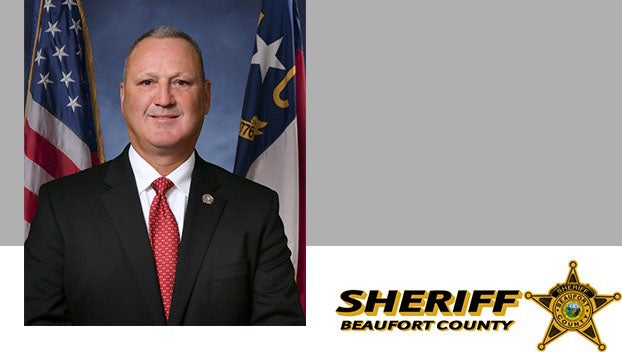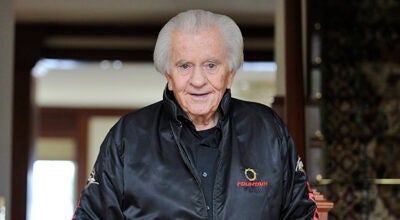Commissioners support PAL
Published 7:11 pm Wednesday, May 9, 2012
When retired FBI counter-terrorism agent Al Powell earlier this week asked the Beaufort County Board of Commissioners for $400 in county funds to cover the costs he needs to apply for approval for a local Police Athletic League, the board turned down his request.
The board told Powell it wasn’t board policy to use taxpayer funds for such projects.
“I just don’t think the taxpayers should be involved in it,” said Commissioner Hood Richardson.
Instead, prompted by Richardson, the commissioners opened their wallets and gave him cash contributions to help with his effort.
As they handed Powell the cash, the commissioners encouraged him to ask the Washington City Council to do the same. Powell is scheduled to appear before the council at its meeting Monday. He explained the PAL proposal to the council earlier this year.
The action by the county leaders even prompted some members of the public attending the meeting to add own funds to Powell’s efforts.
He left the meeting with $210 — halfway to his goal.
“I was totally shocked at what happened,” Powell said in an interview after the meeting.
He hopes to have the remaining $190 to submit an application to the national board overseeing Police Athletic Leagues by May 15.
A Police Athletic League is a nonprofit corporation that is affiliated with law-enforcement agencies such as a local police department or sheriff’s office. Its mission is to provide young people ages 14 through 18 who live within its jurisdiction a way to interact with the law-enforcement community through after-school sports, mentoring, tutoring, cultural development and life-skills programs, according to information presented to the board.
The program, once approved, would operate as a supervised after-school program from 3:30 to 5:30 p.m., with activities that could include a combination of basketball, swimming, selected water sports, golf or table tennis. Classroom offerings could include tutoring, mentoring, cultural-development sessions and life-skills programs for boys and girls.
Powell said that one or two local law-enforcement officers, along with retired law-enforcement personnel, juvenile-justice-system personnel and community volunteers would be sufficient to staff a location for two hours, two days per week.
The program has the support of four of the county’s municipal law-enforcement agencies and Beaufort County Schools, Powell told the commissioners.
Powell plans to appear before Washington’s Human Relations Council at its Tuesday meeting
He said he would also ask law-enforcement leaders in Aurora, Belhaven and Chocowinity to approach their town leaders for funds to help pay the application fee.
“Time is of the essence,” he said.
All commissioners attended the meeting.





